KLM Royal Dutch Airlines and Kenya Airways (KQ) convened a high-level executive roundtable on October 8 in Nairobi, culminating in a landmark policy breakthrough aimed at accelerating the adoption of alternative aviation fuel (SAF) across Africa.
For the first time, key aviation stakeholders reached consensus on a comprehensive set of regulatory recommendations, including SAF blending mandates, producer incentives, and streamlined certification processes, marking a pivotal step toward unlocking the continent’s untapped potential to minimize aviation’s environmental impact.
Details of the Meeting
The event brought together 20 senior stakeholders, including leadership from the International Civil Aviation Organization (ICAO), Kenya Civil Aviation Authority (KCAA), Kenya Airports Authority (KAA), the African Airlines Association (AFRAA), and the International Air Transport Association (IATA).
Held at a time when aviation contributes roughly 2–3% of global CO₂ emissions and is poised for rapid expansion—especially in emerging regions like Africa—the meeting underscored the urgency of sustainable growth.
IATA forecasts that Africa’s passenger numbers will double by 2035, intensifying the need for environmentally responsible solutions.
Zita Schellekens, Senior Vice President of Sustainability, Strategy and Transformation at Air France–KLM, highlighted the importance of the initiative:
“Africa has the potential to lead the way in sustainable aviation. Collaboration is essential. By aligning policy, infrastructure, and innovation, we can unlock SAF solutions tailored to Africa’s unique strengths. Today’s discussions were a meaningful step toward that goal.”
Tackling Policy and Infrastructure Gaps
The roundtable focused on overcoming two major hurdles: policy fragmentation and infrastructure limitations that hinder the adoption of SAF in Africa.
Kenya Airways CEO Allan Kilavuka emphasized the regional opportunity:
“As Africa’s aviation sector evolves, it’s vital that growth is both inclusive and sustainable. Kenya Airways is committed to building a SAF ecosystem that benefits not just our industry, but the continent at large.”
SAF: A Game-Changer for African Aviation
SAF, produced from renewable sources such as waste oils and agricultural residues, can reduce lifecycle carbon emissions by up to 65% compared to conventional jet fuel.
Despite global progress, Africa’s adoption of SAF remains limited due to economic, regulatory, and logistical challenges.
Experts at the roundtable stressed that Africa’s rich biomass resources, especially in East and Southern Africa, could support large-scale SAF production.
However, without harmonized policies and clear incentives, scaling remains difficult.
Agreed Outcomes and Roadmap
The meeting culminated in a consensus on a policy package designed to align SAF regulations across African nations. Key proposals include:
- SAF blending mandates
- Tax incentives and subsidies for producers
- Streamlined certification processes
- Infrastructure investment for SAF storage and blending at major airports
A joint SAF action roadmap was also endorsed to guide regional collaboration.
Also Read: CS Kagwe Announces Fate of 5,000 Workers as Ruto Privatizes Companies
Designed as a dynamic document, it will evolve with technological and market changes, ensuring alignment with milestones and investment priorities.
Initial pilot projects are planned in Kenya and the Netherlands, leveraging KLM’s expertise in SAF procurement and Kenya Airways’ emerging SAF uplift model.
Also, recognizing the need for technical expertise, participants proposed joint educational programs involving universities and industry professionals to train local talent in sustainable aviation technologies.
KLM’s Role and TAC Initiative
This engagement was part of The Aviation Challenge (TAC), SkyTeam’s annual sustainability campaign.
Last year, TAC featured 33 showcase flights by 24 airlines, including non-SkyTeam members, to test innovative sustainability solutions.
This year, Nairobi was chosen as a key hub, with KLM operating demonstration flights into the city.
Also Read: Government Reopens Applications for NYOTA Programme; How to Apply
The roundtable served as a platform to highlight how global innovation can be adapted to regional contexts to accelerate the aviation industry’s green transition.
A Turning Point for African Aviation
As the global aviation sector faces mounting pressure to achieve net-zero emissions by 2050, SAF is emerging as a cornerstone of that journey.
The Nairobi roundtable marks a pivotal moment in Africa’s sustainability efforts, laying the foundation for scalable, locally adapted SAF solutions.
Follow our WhatsApp Channel and X Account for real-time news updates.
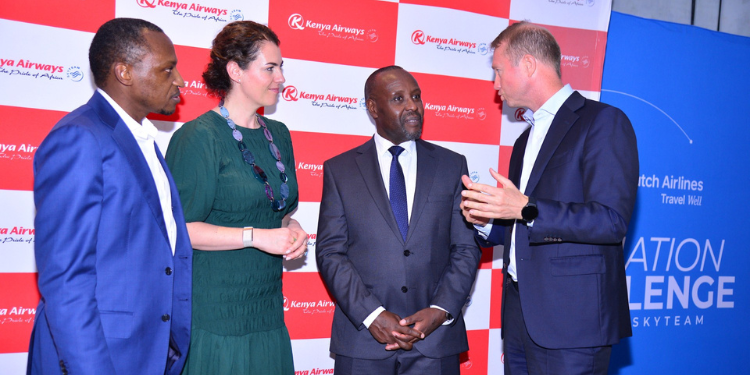




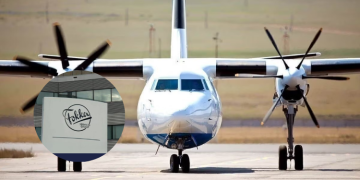
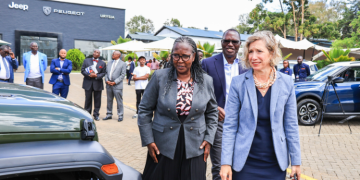

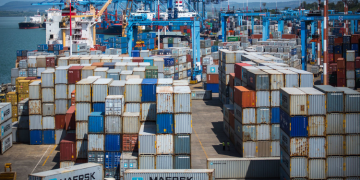
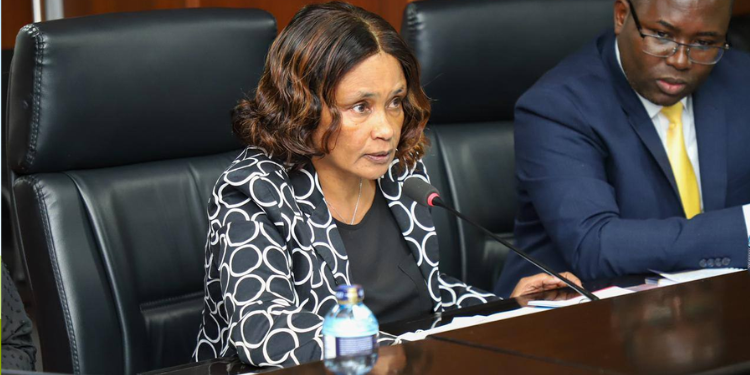











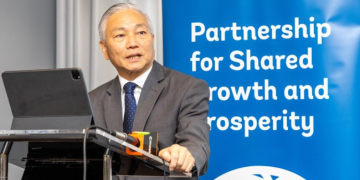
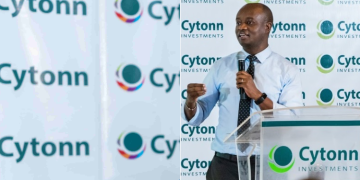
![Billions Each Top Kenyan Bank Has Made So Far In Profits This Year [List] Q3 2025 Results For Equity, Kcb, Co-Op, Absa And Other Banks]( https://thekenyatimescdn-ese7d3e7ghdnbfa9.z01.azurefd.net/prodimages/uploads/2025/11/C0-OP-KCB-Equity-Absa-360x180.png)



















































Kenya Airways and KLM’s SAF leap is a climate game-changer for Africa—bold, necessary, and hopefully the first of many green routes continent-wide.
Great to see Kenya Airways and KLM Royal Dutch Airlines taking a strong step toward sustainable aviation with the adoption of alternative aviation fuel in Africa — an important milestone for the industry and the environment.